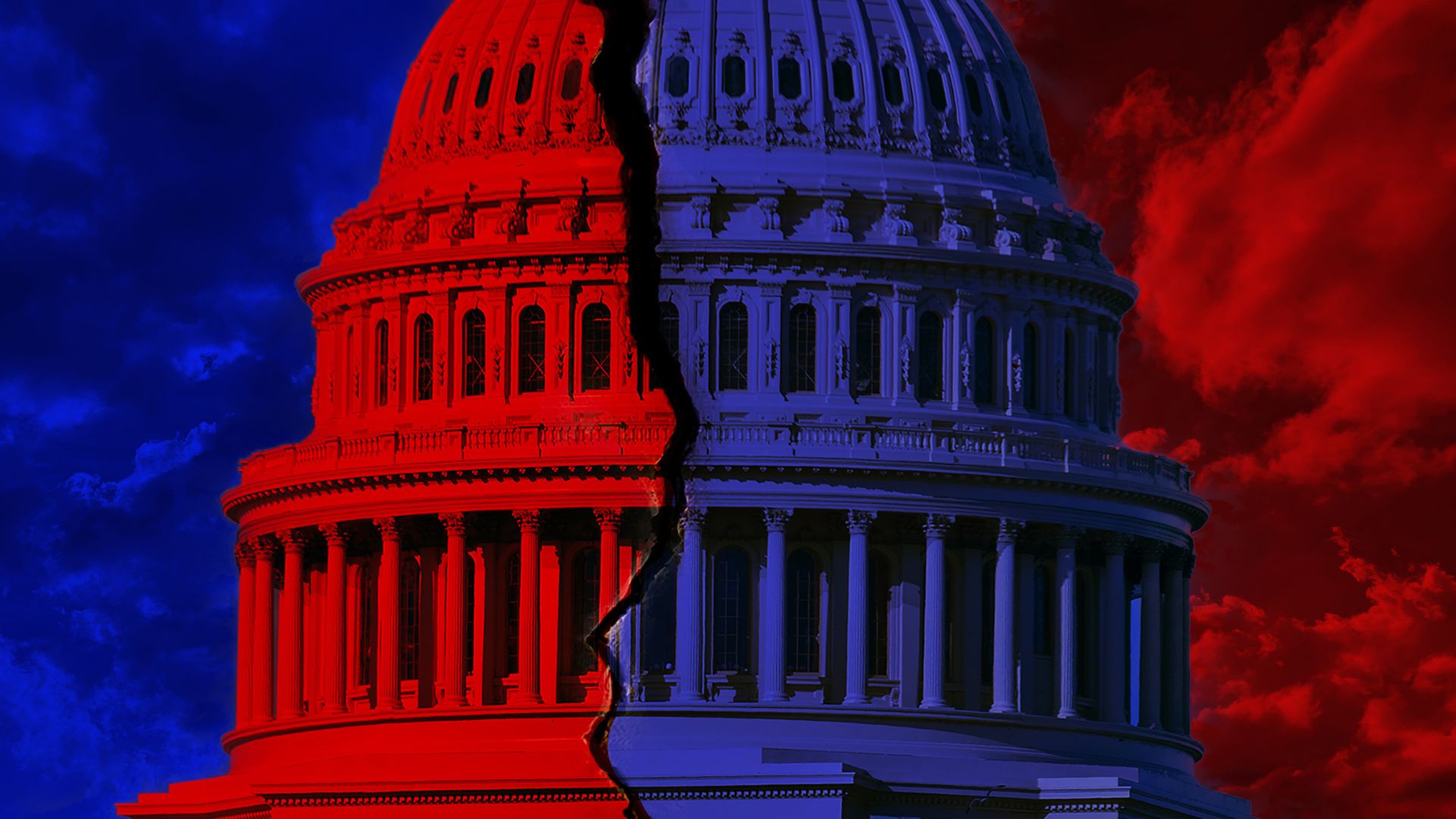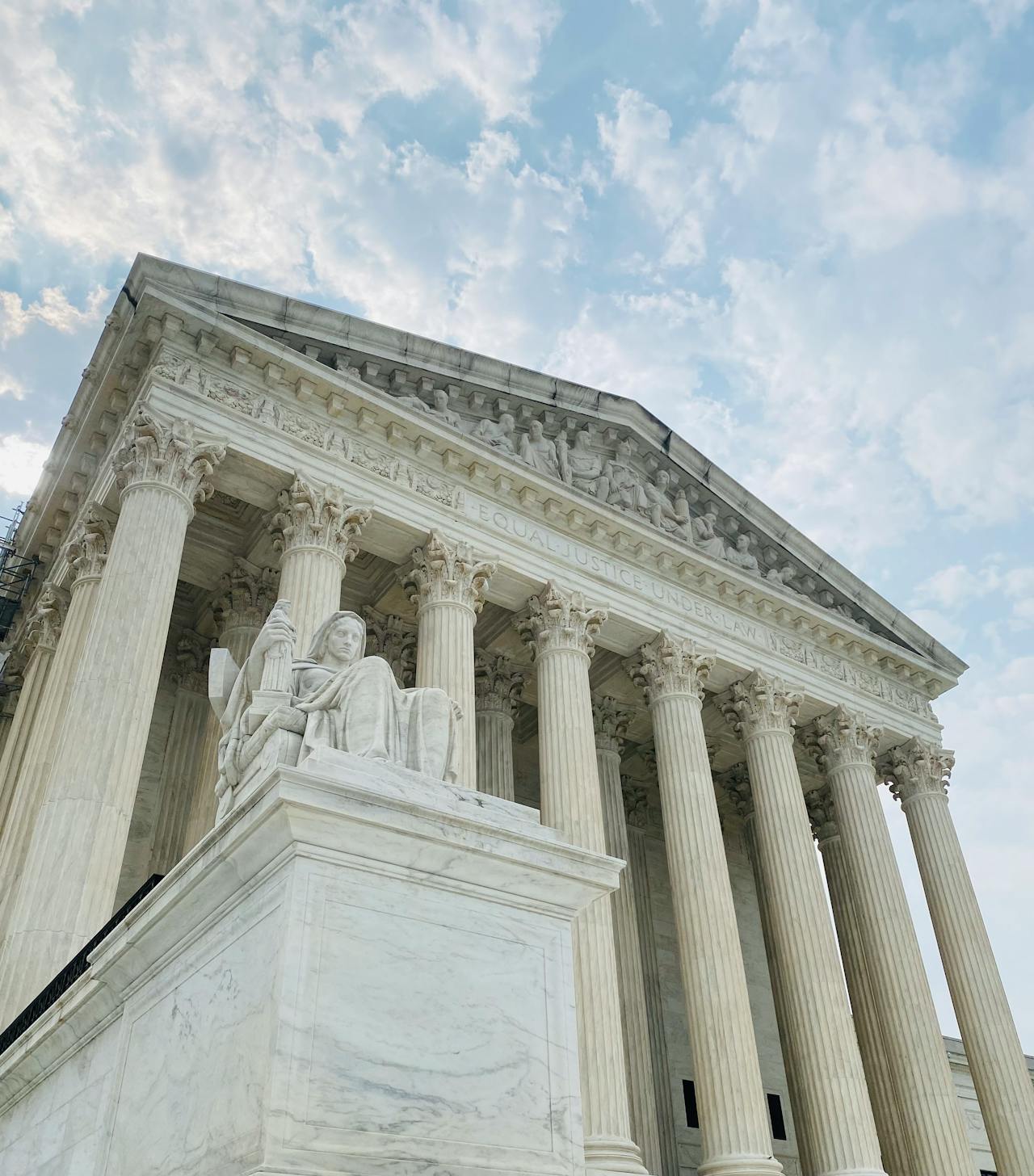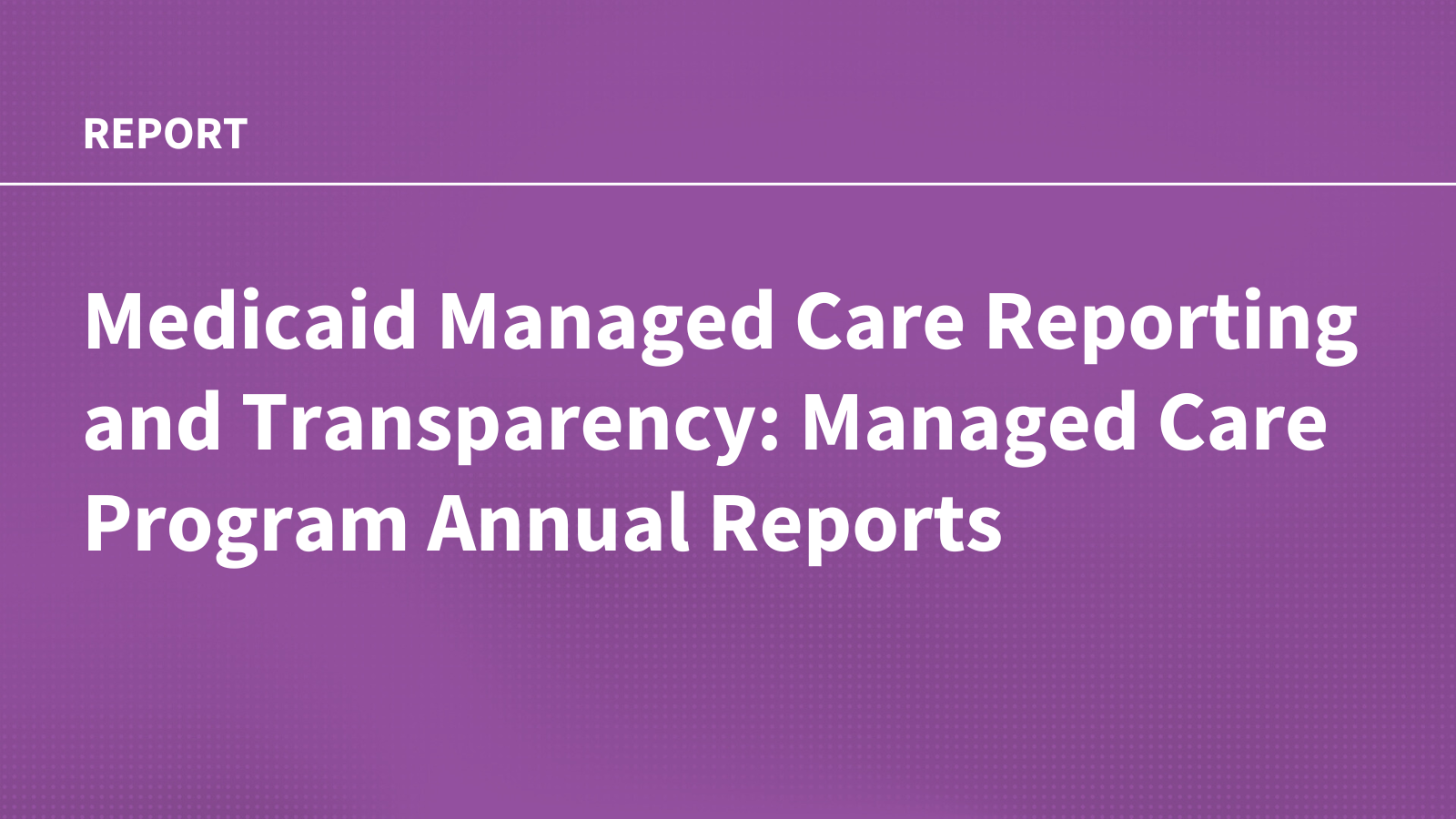The House has voted 218-214 to send Republican’s Senate-passed spending bill to President Donald Trump’s Desk, ensuring that the healthcare industry-opposed package will be signed into law in line with the self-imposed July 4 deadline.
Thomas Massie, R-Kentucky, Brian Fitzpatrick, and R-Pennsylvania were the Republican party’s lone dissenters despite reports of more than 20 holdouts earlier this week.
House Speaker Mike Johnson, the president and members of his administration including Centers for Medicare and Medicaid Administrator Mehmen Oz, M.D., held meetings and calls with Representatives to bring them on board, an effort that ran well into the early hours of Thursday morning.
Per reports citing anonymous lawmakers and aides, the administration suggested it would use executive actions to address the Representatives’ lingering concerns so long as they voted to pass. Additionally, Trump has also openly threatened to support and fund challengers to dissenting representatives during next year’s primaries.
“America was in deep trouble,” Johnson said in a press conference following the vote. “We knew that if we won, … that if we got unified government, we’d have to quite literally fix every area of public policy. Everything was an absolute disaster under the Biden-Harris radical, woke, progressive Democrat regime. We took the best effort that we could in ‘one big, beautiful bill’ to fix as much of it as we could—and I am so grateful to God that we got that done as we did.”
The so-called “big, beautiful bill” fulfills several of Trump’s campaign promises by extending 2017 tax cuts, removing taxes on tips and overtime for the short term and directing more funds to domestic policies including immigration enforcement.
On the other hand, it also includes, over a 10-year period, nearly $1 trillion in cuts to Medicaid and will lead to at least 11.8 million more Americans becoming uninsured due to policy changes including Medicaid work requirements, according to Congressional Budget Office analyses. Republican legislators and Trump have repeatedly promised they would not harm the government health programs but instead enact policies to strengthen them—a claim refuted by Democrats and the healthcare industry alike.
“No matter how often repeated, the magnitude of these reductions—and the number of individuals who will lose health coverage—cannot be simply dismissed as waste, fraud and abuse,” American Hospital Association President and CEO Rick Pollack said in a statement after the vote. “The faces of Medicaid include our children, our disabled, our seniors, our veterans, our neighbors and friends. The real-life consequences of these reductions will negatively impact access to care for all Americans.”
Those reductions along with others related to the Supplemental Nutrition Assistance Program (SNAP), renewable energy funding and more also aren’t enough to offset the revenue reductions. The Congressional Budget Office has projected that the bill will add at least $3.3 trillion to the national debt over the next decade.
Republicans, both to ensure the bill would abide by reconciliation rules and to offset political pressure, instead framed the bill’s debt impact as a half-billion surplus by essentially counting the extension of the existing tax breaks as zero—an “accounting gimmick” criticized by Democrats and financial analysts concerned of a new precedent for future budgeting.
Due to their timeline, the House was unable to make any edits from the version of the bill returned by the Senate that shook House moderates and fiscal hawks alike due to its steeper healthcare cuts and a higher deficit.
Among the key items are a gradual annual reduction toward a 3.5% cap for state provider taxes, which is lower than the 6% that the House had previously outlined. A 2.5% bump in Medicare payments to physicians is included for 2026 alone, whereas the House bill has longer lasting increases meant to offset inflation.
To satiate Senators in rural areas concerned of hospital closures, Republican senators also added a $50 billion, five-year bridge fund for rural hospitals—though Republican moderates and industry groups have said that sum wasn’t enough to offset other impacts on hospitals.
“It cannot be overstated—the health cuts passed by Congress today represent the largest cuts to care our country has ever seen,” Chip Kahn, president and CEO of America’s Essential Hospitals, an industry group representing for-profit hospitals and health systems, said in a statement after the vote. “Americans will feel the reverberations of this legislation in communities across the nation—whether directly due to a loss of coverage, the increase of their costs, or as doctors and hospitals scramble to sustain services and keep their doors open.”
“This bill moves us in the wrong direction,” American Medical Association President Bobby Mukkamala, M.D., said in a statement. “It will make it harder to access care and make patients sicker. It will make it more likely that acute, treatable illnesses will turn into life-threatening or costly chronic conditions. That is disappointing, maddening, and unacceptable.”
Additional groups and associations representing hospitals, payers, physicians, nurses patients and other healthcare stakeholders have also denounced the bill throughout deliberations and following Thursday’s vote.
House Minority Leader Hakeem Jeffries, D-New York, had his party’s final opposition against the bill. During a record “magic minute” speech—a final chance for comments from each party’s leader with no cap on length—the legislator spoke for eight hours and 44 minutes denouncing healthcare cuts, insurance coverage losses, veterans’ health, Elon Musk and the Trump administration’s broader policies.
“Shame on the people who decided to launch that kind of all-out assault on the health and the well-being of everyday Americans,” Jeffries said.
Democrats on the floor applauded their leader throughout the speech and ended the address with chants. Johnson then responded with his own, more brief final address underscoring the bill’s tax cuts, border security funding and “modest, common-sense work requirements,” to cheers from his party and jeers from Democrats.
“It takes a lot longer to build a lie than to tell the simple truth,” Johnson said near the top of his address. “My friends and colleagues on both sides of the aisle, we’ve waited long enough, some of us have literally been up for days now. But this day is a hugely important one in the history of our nation. We have a big job to finish.”
This is a developing story and will be updated.
Publisher: Source link










